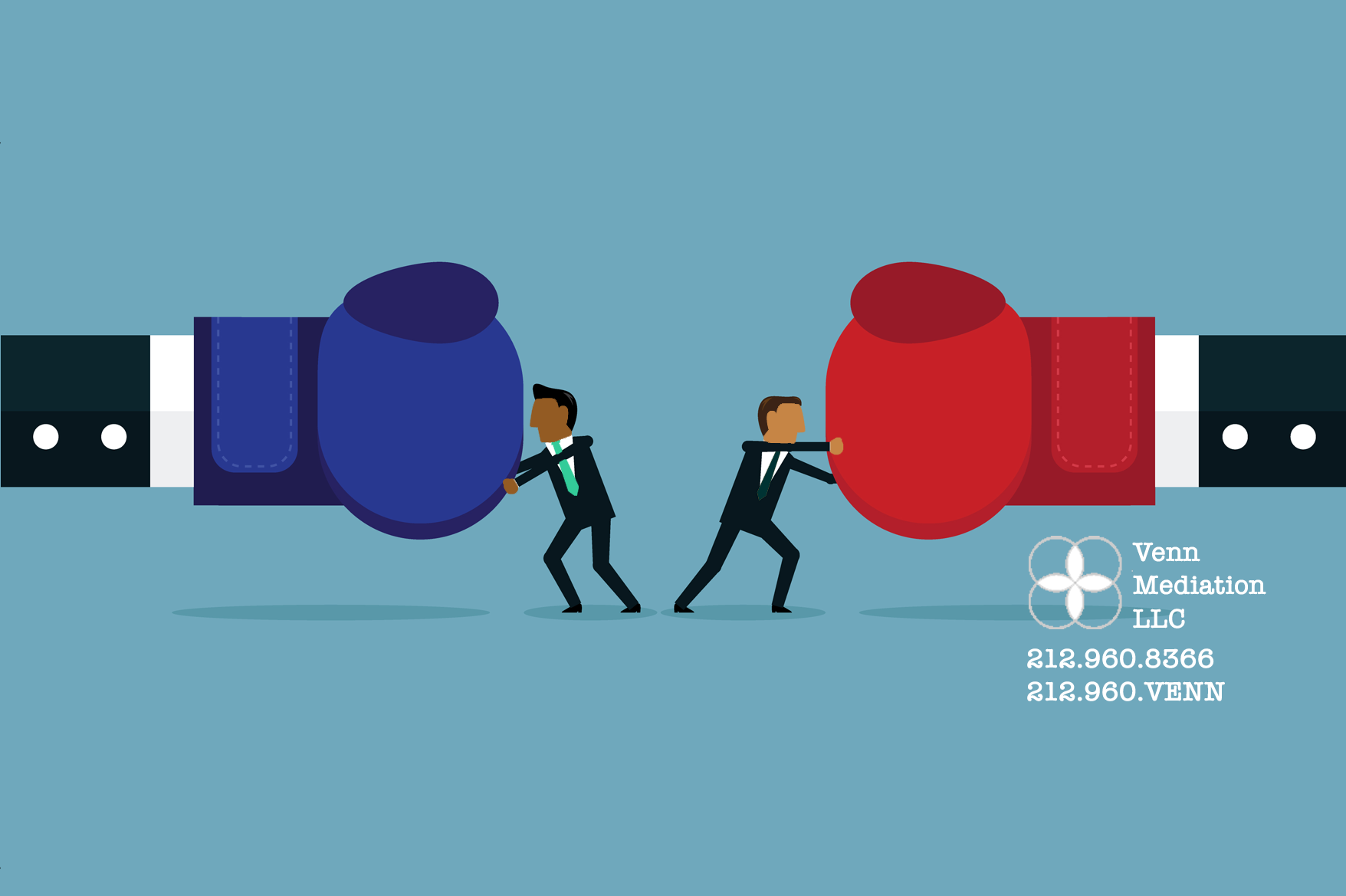Co-Mediation: When Two Heads Are Better Than One

Co-Mediation: When Two Heads Are Better Than One
Mediators differ in their preferences between mediating alone or with other mediators. While a strong mediator can effectively resolve most disputes, having multiple mediators working together can be advantageous in many circumstances. Co-mediation provides parties with the combination of knowledge, experience, and skills that an effective team offers while minimizing the effects of biases and blindspots. And it helps ensure that parties are being heard and gaining a greater understanding of each other.
By Ehsan Ali and Alnoor Maherali
Some organizations operate with the presumption of a single mediator working on the dispute. Others operate by a co-mediation model. Both approaches have demonstrated success and each can be well suited to most situations. But there can also be times when one may be better than the other. What differentiates one set of circumstances from the other is the nature of the conversation and the mediators themselves.
As with any team activity, when the individuals are working well together, their combined output is greater than the sum of their parts. However, when the team is at odds internally, challenges can arise. As such, many co-mediation teams take years to build up a solid rapport and a synergistic relationship to best serve their clients. But In other situations, particularly in community dispute resolution centers, mediators can meet each other for the first time right before a session and effectively co-mediate a dispute. There are two reasons for this.
The first is that the main principle of mediation is that it is not about the mediator. Whatever the makeup of the mediation team, the most important people in the room are the parties. That means that when mediators work alone or together, their priority is making sure the parties are welcomed, comfortable and able to actively participate in the process. So even if two mediators find themselves with different ideas on how to resolve the dispute, they can still work together for the best interests of the parties.
The second part of the answer is a shared set of values, grounded in decades of mediation theory and practice. When each mediator operates in accordance with the same principles and a common language of service and quality, differences in personality or communication styles within the mediation team can be effectively managed. So long as the values are being followed, mediators who might not otherwise relate well together can cooperate effectively to make sure parties are being heard and gaining a greater understanding of each other.
As such, quality can even be enhanced when mediators work together. In particular, co-mediation can provide the following benefits:
- Overcoming Biases and Blindspots: Mediators are human beings and are therefore affected by things they see and hear from their clients. However, when there is more than one mediator, they can help each other to recognize any biases that emerge and to maintain their neutrality. They will also pick up on different things in the mediation and thus are more likely to catch important details that could lead to resolutions.
- Establishing rapport with parties: An important step early in a mediation is for the mediator to establish a positive working relationship with the parties. As they start to trust the mediator and the process they feel more comfortable sharing information that could unlock the dispute. With two or more mediators in the room, there is a greater chance for achieving resonance with the parties, even as the mediators maintain their neutrality.
- Pedagogy: One of the greatest benefits of mediators working together is that different mediators learn techniques or best practices from each other that can serve the parties. Co-mediators will also consult each other and strategize together and these conversations can improve the outcomes for parties.
- Quality Control and Emotional Support: Most mediators will review cases once they’re complete and provide feedback to each other on what worked well and what may not have. After especially emotional sessions, mediators can also benefit from discussing the dynamics and how it impacted them. This leaves them in a positive mindframe the next time they have to mediate.
These principles work even among people who might not get along otherwise. But when a team works well together outside the session, and has built on that natural advantage by training and working together in mediation sessions, the resulting co-mediation team becomes extremely effective and razor sharp at managing conflict and enabling difficult discussions. At Venn Mediation, we have that kind of collaborative dynamic. Our team works well together inside and outside the session. And that kind of effective communication results in a mediation team that – despite each mediators’ well-established credentials – surpasses either of them working separately. When mediators collaborate rather than working alone, the parties benefit from their diverse knowledge, backgrounds, and skill sets.
A lone mediator can be preferable to teams of mediators operating (1) without a common understanding as to the purpose and underlying values of mediation, and (2) with a negative dynamic between the mediators. And many solo mediators have operated successfully for years to the benefit of their clients. But when a team of mediators has a shared set of values and an effective collaboration – the benefits can be exponential.
At Venn Mediation, we strive to leverage our effective collaboration to improve our client’s outcomes and working relationships. From situations that are in their initial stages to those already in the legal process, Venn assists our clients to find settlement terms and deals that work for them. If you or someone you know is stuck in conflict, consider reaching out to Venn Mediation. We are based in New York but are experienced in online mediation and can work with people anywhere. Disputes can be difficult, but dispute resolution doesn’t have to be. We would love to help.
Contact Us
Questions? Comments? Call today at (212) 960-8366 or fill out the form below:


